Critical Corner: Challengers and Ash
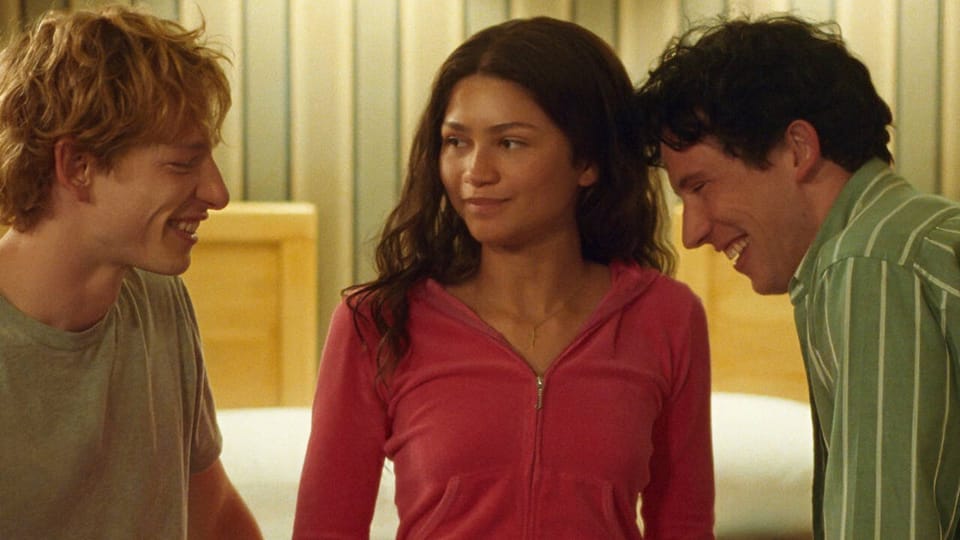
In this edition of Critical Corner, a review of the new melodrama blockbuster Challengers and Louise Wallace's novel Ash.
Let’s be up front from the start: I absolutely loved Challengers. To watch an honest-to-god melodrama in 2024 is a treat in itself, but to watch one with such assured storytelling and craft is an absolute feast. If you’ve been under a rock for the past week or so of its memeficiation, Challengers (directed by Luca Guadagnino) tells the story of three tennis players, Tashi (Zendaya), Patrick (Josh O’Connor) and Art (Mike Faist) and their tortured relationship with each other – and the game – over the course of a decade. It is unashamedly horny, and unashamedly unsubtle, as melodramas should be.
While the trailer sells it as sort of a mystery – less a who-dun-it and more of a who-dun-who – the film opens with a pretty clear scenario in mind. Tashi, after a career-ending injury, now works as the coach to the successful and famous Art, who also happens to be her husband of five years (a child hovers around the edges of frame, not exactly present but consequential, as children tend to be). After a slump in his career, Tashi enters Art into a comparatively low tier competition as a last minute wildcard – where his old best friend Patrick just so happens to be playing. Because this is not just a melodrama but a sports film, the best friends end up playing against each other in the finals.
From there, the film cuts back and forth, cleverly mimicking the rhythms of an actual tennis match, between the two best friends meeting Tashi in a junior competition where she was absolutely dominating. An encounter in a hotel room – again, unashamedly horny and unashamedly subtle – leaves the trio inextricably tied together. Career highs and lows follow, as Guadagnino volleys us between past and present, slowly piecing together exactly what keeps these three pretty (and pretty messed up) people throwing themselves against each other.
Like many a great filmmaker before him, Guadagnino leans into tennis as a metaphor for… more or less everything. Tennis games play like sex scenes, sex scenes play like tennis scenes, and the film pulses along throughout its 130 minute runtime, thanks to Trent Reznor and Atticus Ross’ score, arguably their best since The Social Network. This pace also gives his three actors – all superlative, but Zendaya especially doing her best work – room to bounce off each other, and to indicate towards depths and nuances rather than play into them. Challengers isn’t a film about people feeling one thing or another with certainty, but about the gray areas between loving somebody, wanting to fuck them, and wanting them to be better. It’s less about who wins the point and more where the ball lands on the court.
This means that it’s not an especially deep or profound film, and it’s not saying anything new about love, tennis or even the undeniable homoeroticism that happens when two men love the same girl (although maybe love each other just a bit more). We don’t go to melodramas for depths, we come to them for vivid surfaces that feel larger than life. You walk out of Challengers not thinking it is a mirror of the real world, or even of the wildly insular world it is depicting, but you walk out of it wanting to spend more time with these characters, pretty and petty they may be, fucking each other and fucking each other over. Guadagnino, once again, makes that film not just deeply watchable, but really, really fun. Like I said, a treat.
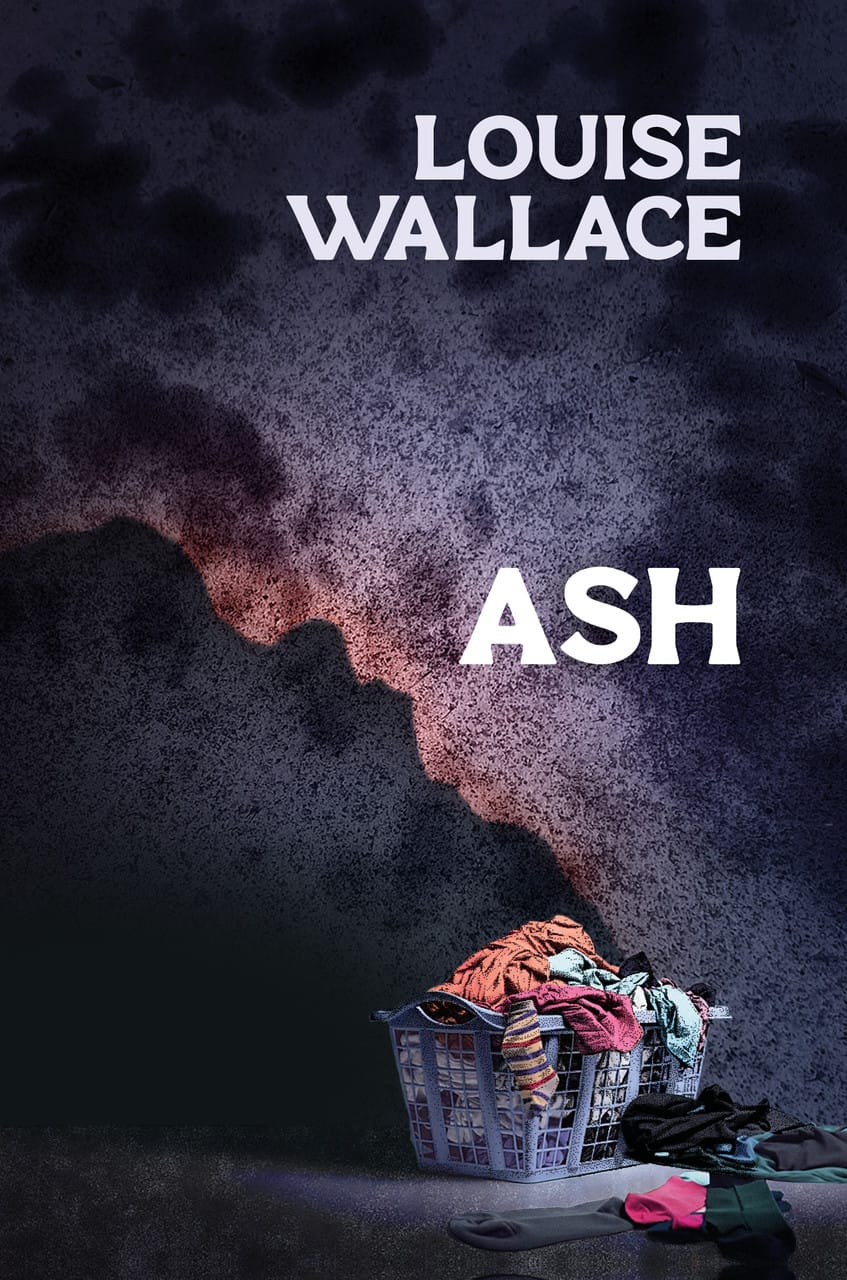
I’ve been sitting in the aftermath of Louise Wallace’s fantastic novel Ash for about a week now. A simple retelling of the book – a veterinarian navigates motherhood, work and her own inner turmoil in the wake of a worldchanging effect – does it absolutely no justice. Wallace’s prose, fragmented and experimental in the best way, dives into her protagonist Thea’s head, in a way that feels shockingly real. Often, first person narratives can feel too obviously written, redrafted and crafted until they feel more like the outside of a person’s brain than the inside.
Ash, however, feels so disarmingly inside Thea’s head that within a few pages, it feels as though I’ve known her my whole life. She’s cutting in the way that people who have to be sharp to survive are, and funny in the way that you can tell she’s not funny for other people, but for her own amusement. One chapter ends with “Then we decided to go in for a second child in quick succession to get it all out of the way”, which is basically a hollow laugh extended to a sentence.
It’s impressive that Wallace captures the breadth of Thea’s experience in so few words – Ash only just breaks 150 pages and can be breezed through in just over an hour – but also the milieu of the small town she works in. The indignities she experiences at work, largely through a lack of respect and consideration from her male co-workers, feel as vivid and as destabilizing as Thea’s accounts of the days-in-and-days-out of raising two children as a woring parent. Throughout the novel, Wallace breaks from her standard prose to bits of poetry and other fragments of text. These fragments are brilliantly placed, and keep the novel feeling alive. Sometimes our thoughts don’t come out as delicate, profound sentences but as streams of “go to room pick out clothes bring them out to lounge grindcoffeepickupelibreadintoaster”.
A more schematic or simple writer might have turned the titular ash into a sledgehammer of a metaphor. The ash, which suddenly descends on seemingly the entire nation and forces people into their homes, to rationing water, toilet paper and food, has obvious parallels to the lockdowns that the nation went through. Any reference to the pandemic in art is liable to send me running in the opposite direction, but Wallace taps into the most heartbreaking, unspoken, aspect of those lockdowns: that we all pretended things were going to be the same afterwards, when they actually weren’t.
Ash builds to a climax that more than earns the title “rural gothic”, and again, it’s remarkable that Wallace crafts such a story, such a world, and such a character in Thea in so few pages. By the time an act of violence, committed with such workmanlike necessity, occurs, we realise something. It’s just another thing that Thea has to do, the one indignity she can project outwards, rather than take on into her own brain.
Challengers is in cinemas now. Ash by Louise Wallace can be purchased from Te Herenga Waka Press ($30rpp).
Other Things I’ve Consumed
- I finished Baby Reindeer (Netflix) as I was writing this newsletter! I’ll be another in a long line of people praising the show for its complexity and refusal to let any of its characters off the hook. I won’t be reviewing it in full – it’s a bit too harrowing for me to dive into in that way – but couldn’t recommend it higher. I would also recommend pacing it out, it’s a rough binge.
- I’ve been playing Eiyuden Chronicles: Hundred Heroes, a Kickstarted spiritual successor to the Suikoden JRPG series. Honestly? I love it. I’ll probably review this one in full, but if you happen to be looking for a dense, nostalgic, dive into a world with a ridiculous amount of characters, bright colours, and ever so slightly repetitive gameplay, look no further.
- I’ve been doing some research for a new play and stumbled across Isaac Fellman’s The Two Doctors Gorski, a quick little novel about a woman studying magic in the aftermath of an abusive relationship. Fellman builds an entire world of magic – and its attending rules – shockingly quickly, and the story is upsetting but quite stirring.
Things to Read
- I haven’t read a whole lot, but I have a lot of thoughts about this debate on Zendaya’s role as a leading lady, with Challengers as the focal point. I don’t know who I agree with more, or if I agree with either writer here, but there’s nothing I like talking about more than the artistry and politics behind stardom.
Self-Promo
- I had a piece in Metro Magazine, which came out a few weeks ago, about the hiatus of The Pantograph Punch. It is available where magazines are sold!
- In case you missed it, an essay I wrote on Scattergun: After the Death of Rūaumoko, appears in the programme for that show. It runs until this Saturday, and I’ve heard only rave reviews about it.
- Also, in case you missed it, I interviewed Zoë Robins, one of the stars of The Effect last week.
Writing and reporting takes time, and if you want to support the amount of time it takes (and ensure that the scant amount of meaningful coverage of local art can continue), please considering supporting Dramatic Pause with a paid subscription ($8 p/m, $60 p/a) and if you can't afford a paid subscription, please share the work with your networks!
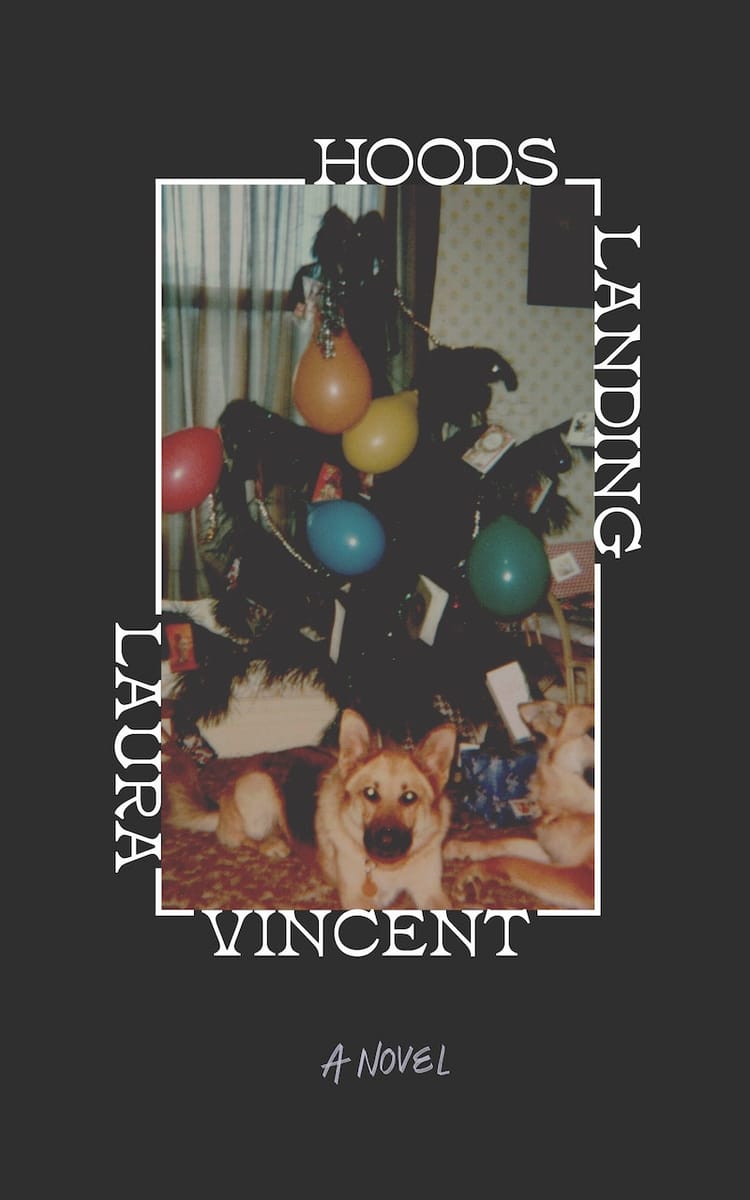
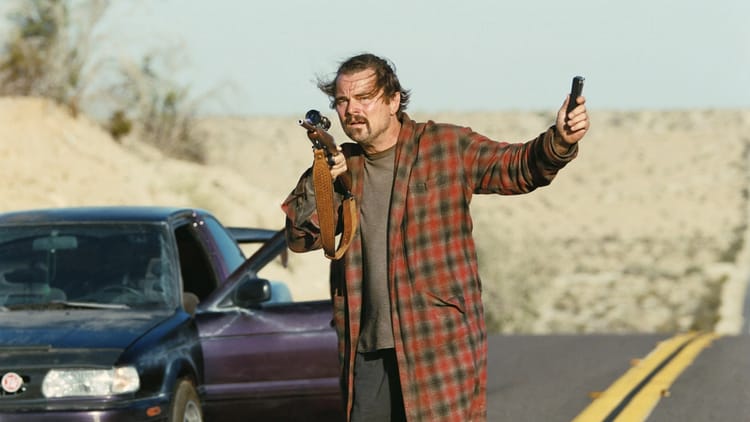
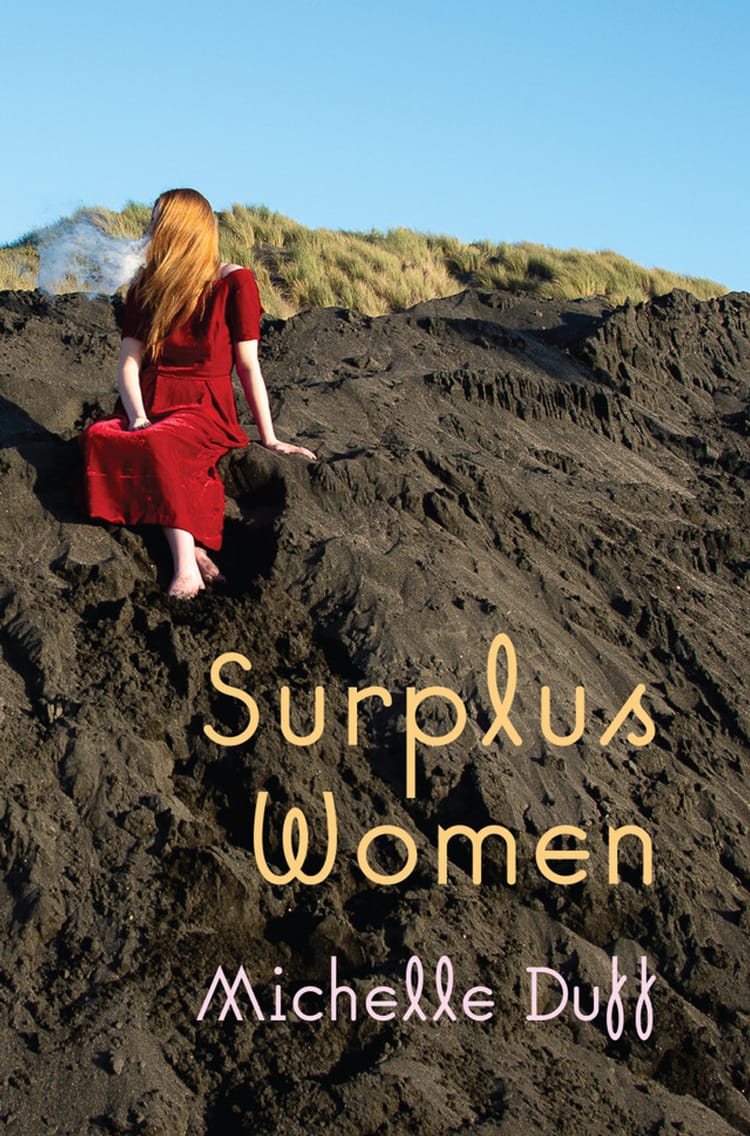
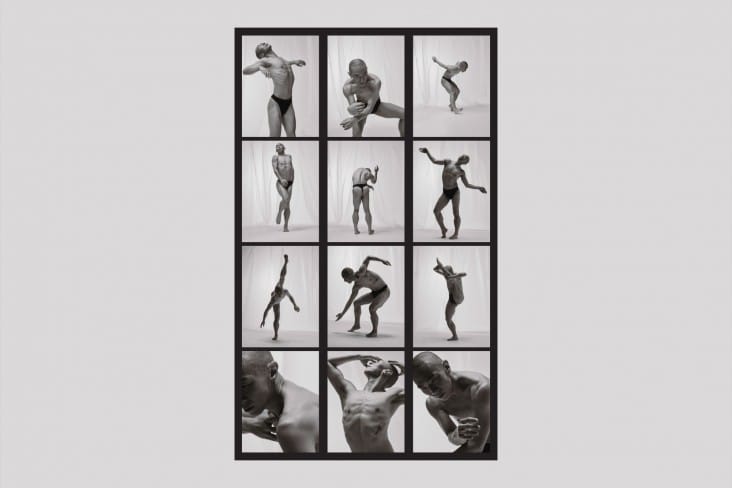
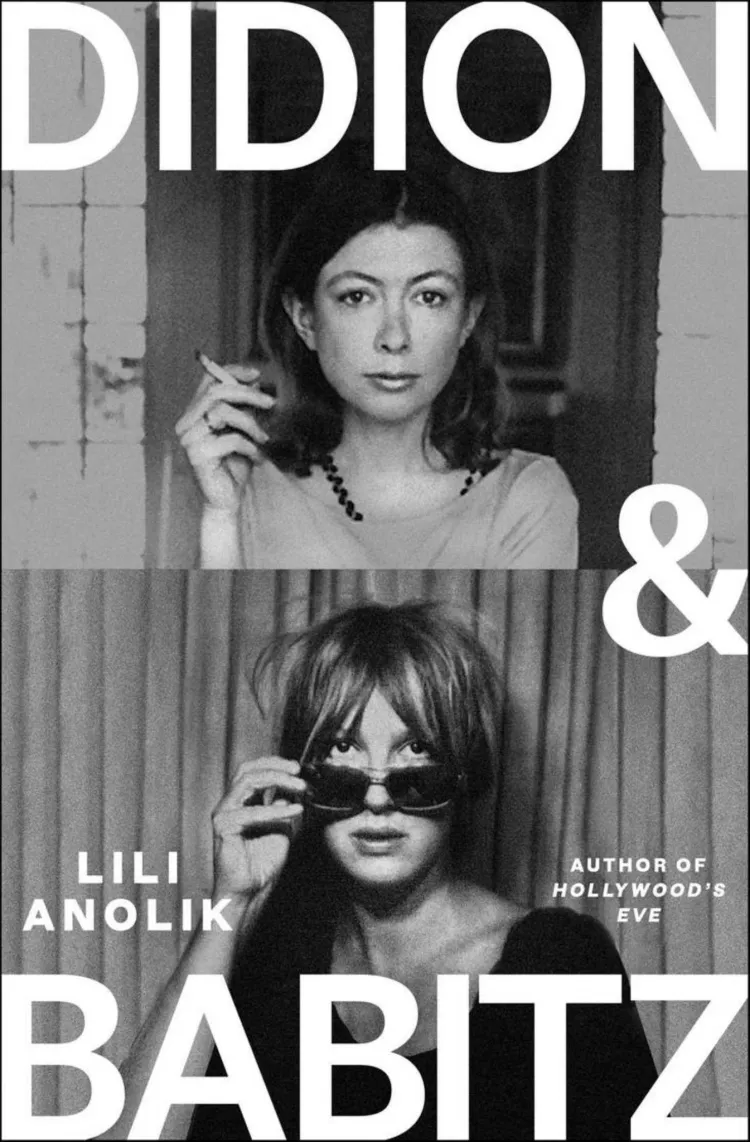
Member discussion